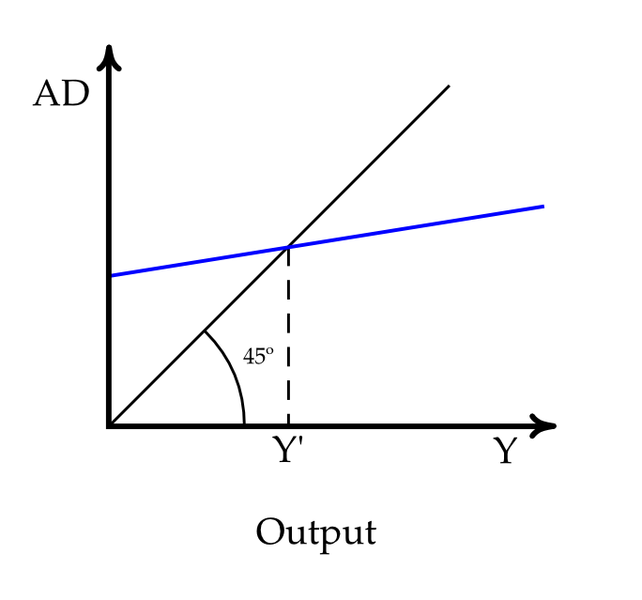
Lately some econ buddies and I have discovered that we really don't know how to define exactly what economics is. You know when you're in an econ class, but why exactly is uncertain. Vaguely it has something to do with limited supply and infinite demand. The solution is always where marginal benefit equals marginal cost. There damn well better be some calculus in it at some point.
So we have a laundry list of "You know you're in an econ class when..." but no real answer as to what economics is. My peers have been offering me some really neat explanations, but I prefer to pound economics into two realizations:
1. Economics is life sans bullshit. Every important facet of human life will eventually be studied by an economist, and they will strip it down to its integral parts. While most people have some misguided notion that econ students study the stock market all day, anyone who has sat through Prof. Grosskopf's efficiency class and has listened to students' research proposal knows that economics studies everything imaginable. Some people are studying airports. I'm looking at tobacco ads. A bunch of guys are doing baseball. People who have never opened an econ journal or read Freakonomics might be puzzled to see the scope economists encompass. Economics is varied and everywhere.
More importantly, economics does away with the bullshit that accrues when other fields study issues. Sit in on a business class and listen to them talk about value. For them, value = quality / price. What is quality? Personal value to customer. How is that different from the value on the left side of the equation? Hell if I know, because to an economist, value = price you're willing to pay. Bam. Simple.
Here's another example. Ask a person what goes into their decision to buy goods. They might go on all day about why this product is good, why this one's a bargain, why these ones are crap, why they're addicted this those, etc etc. To an economist, it's just D
x(P
x, P
y, I) Booya, a demand function.
Economics takes a subject and does away with the frills, gimmicks, and buzzwords. What's left is what's essential. There is a methodical, mathematical cleanliness to economics that you just won't get from other social sciences or business disciplines. If there is a relentless difficulty to economics, it's because you cannot escape it with bullshit.
Which leads me to my second conclusion:
2. The World operates on bullshit.My econ degree makes me feel helpless and frustrated. Economists know the answer. Fiscal policy is ineffective in the medium run. Externalities can be solved with the Coase solution. Businesses should operate until marginal cost equals marginal benefit. There are no profits in the long run.
So why the hell do I find myself arguing with the newspaper every morning? Why are politicians doing silly things, and why can't I get a job after graduating? I can only conclude that this is because the world actually operates on bullshit. All the useless variables I've spent my education learning to assume away is actually the most important part of the function.
It turns out, kiddos, that you won't be paid the marginal product of your labor; it's who you know. Politicians will whimsically order some parts of your life and not others. Businesses actually want you to use buzzwords. You will not need calculus.
It's a rather cynical conclusion. Studying econ has told me that economics is right, but ignored and possibly useless. We come after the fact, so some other discipline will come up with a new idea, and economists can explain why is succeeded or failed. Getting people to listen to our own ideas, or maybe even just coming up with original ideas on our own, is a harder, meaner feat.
I'm hoping to be proved wrong, though, and I heard someone in our department recently got an internship with the Fed, so there might be hope yet. Also they keep telling me that economics majors make money after college, so maybe there is a demand for less bullshit.


